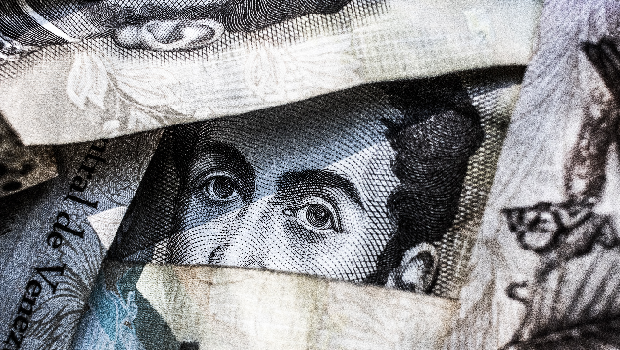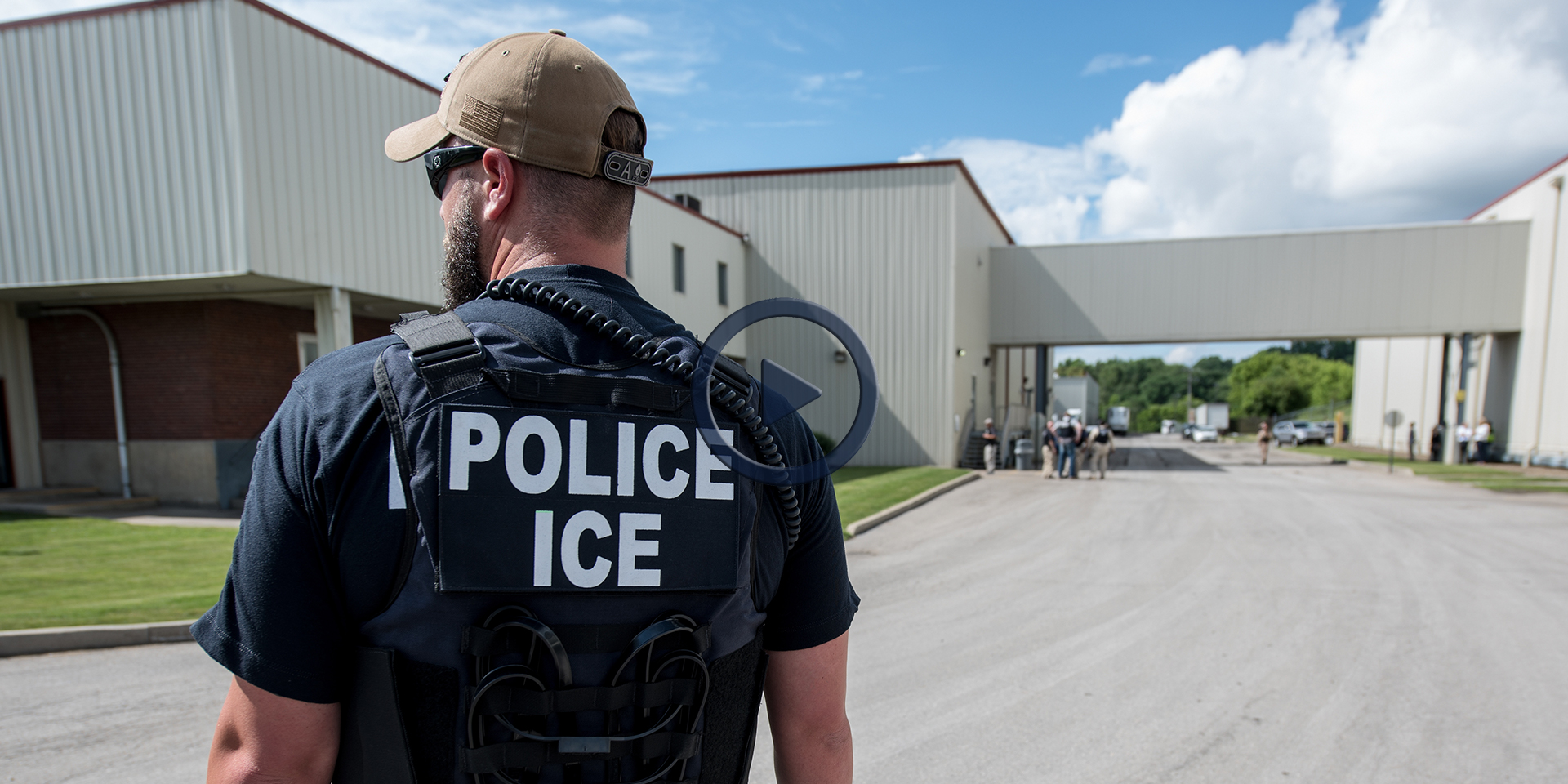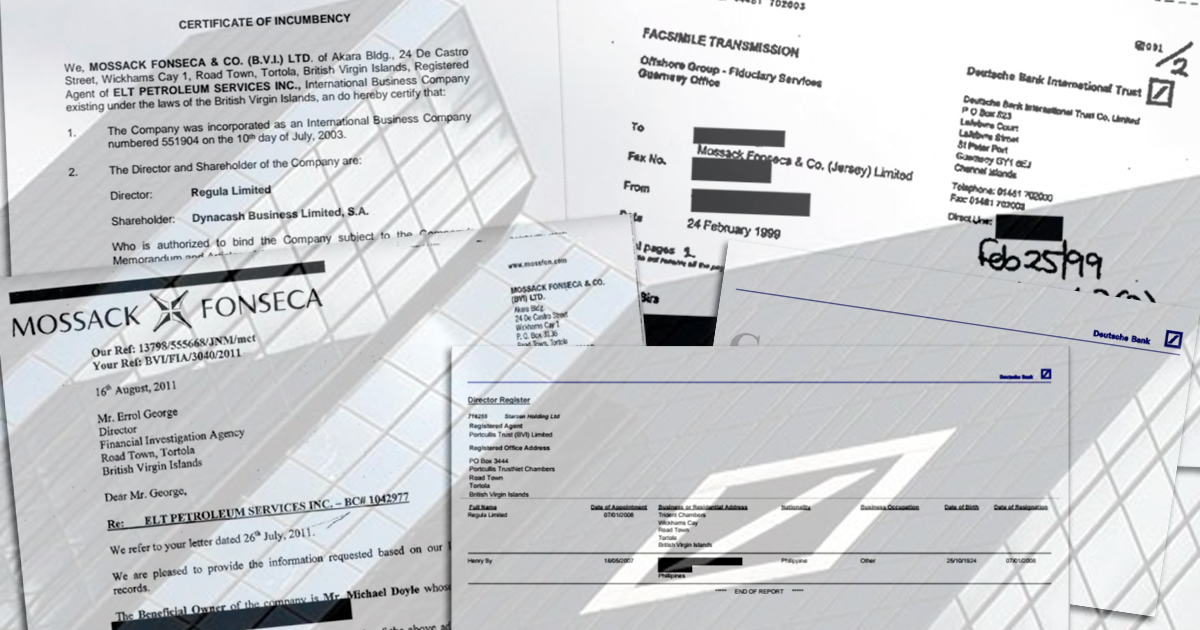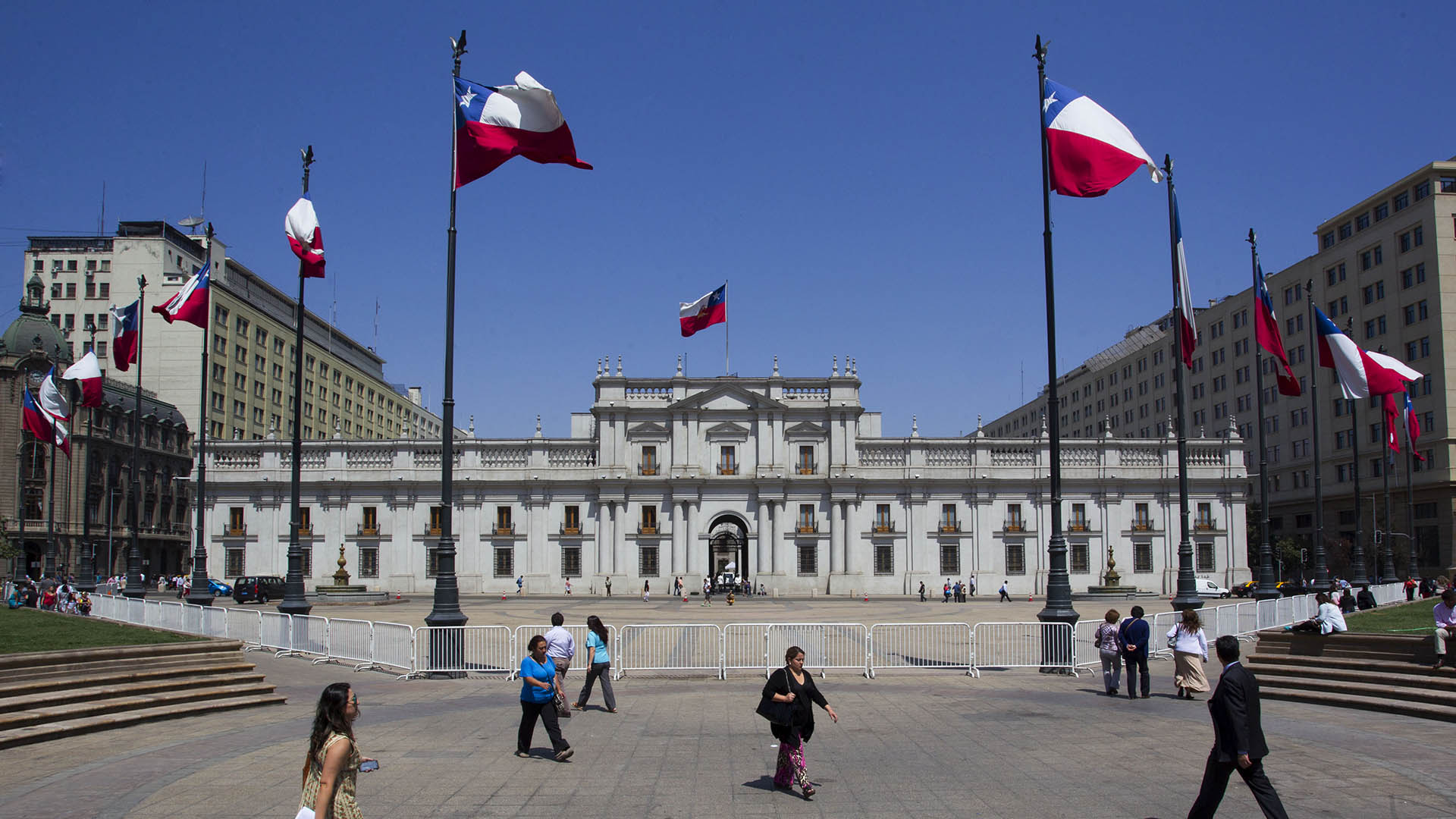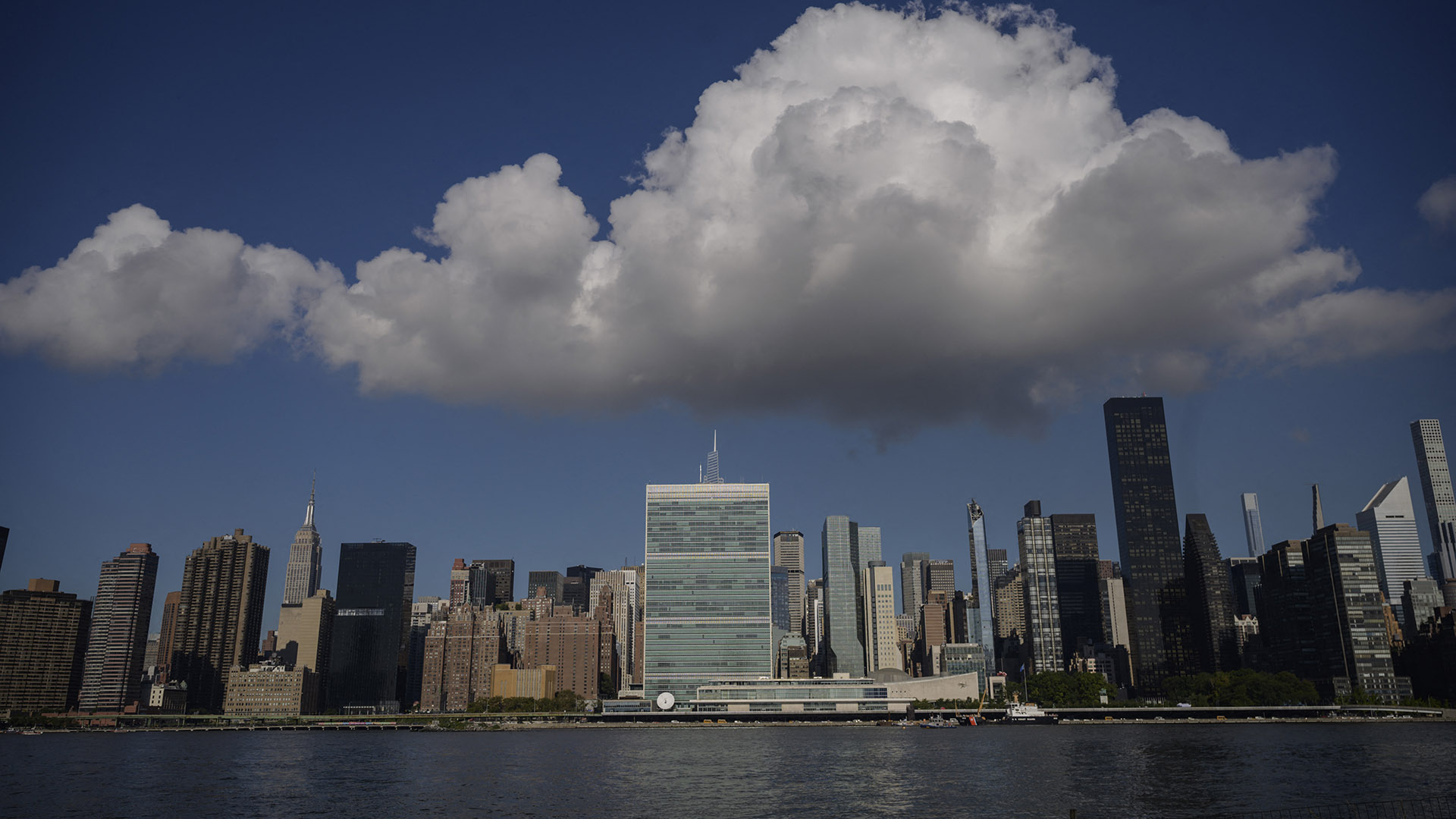Authorities in the United States have more information about library card holders than the owners of registered companies, according to a bipartisan group of U.S. senators behind a bill that would overhaul the country’s dated anti-money-laundering laws.
The senators, members of the Committee on Banking, Housing, and Urban Affairs, are seeking to enact The Illicit Cash Act, which would empower regulators to force shell companies to disclose their true ownership for the first time.
The draft bill was introduced on June 10. Key proponent, Senator Doug Jones, a Democrat from Alabama, said that as a former U.S. Attorney he was “all too familiar with criminals hiding behind shell corporations to enable their illegal behavior.”
“Our anti-money laundering laws have not kept pace with the increasingly sophisticated means by which criminals and terrorist organizations use our financial system to move their money around the world,” he said in a joint press release.
Lack of transparency
The senators referenced research that found the U.S. is among the easiest countries in the world in which to set up anonymous shell companies. A recent report by Global Financial Integrity showed that more information is required to obtain a library card than to register a company.
“To obtain a library card in any state in the U.S., the applicant must be the person who will ultimately be controlling/using the card, and a significant amount of identifying information must be provided by the person to the state in order to obtain the library card,” the report found.
“To form a company in any state in the U.S., it is not necessary to identify or provide any information about the person(s) who will ultimately be controlling the company.”
The ground-breaking Panama Papers and Paradise Papers investigations, produced by The International Consortium of Investigative Journalists, in conjunction with more than 100 media partners, highlighted the extent to which secretive shell companies can be used to hide criminal behavior.
Both investigations cataloged the crucial role played by international finance in facilitating a wide array of serious crimes, ranging from drugs and sex trafficking to terrorism, bribery, tax evasion, and the arms trade.
Not fit for purpose
Law enforcement agencies have since voiced their frustration with the current legislation, The Bank Secrecy Act 1970, arguing that it is no longer fit for purpose.
In testimony to the banking committee last month, Acting Deputy Assistant Director, FBI Criminal Investigative Division Steven M. D’Antuono called for reform, warning that allowing the owners of shell companies to hide their identities creates a ‘significant loophole” in the country’s ability to tackle money laundering and illicit financing.
The Panama Papers have prompted more stringent regulations in the European Union including mandating member states to compile centralized registers on beneficial ownership and to make these widely – even publicly – accessible.
The draft U.S. legislation also calls for a comprehensive database of beneficial ownership to be compiled at a federal level, but only law enforcement officers would have access to the information.
Anti-terror teams
Senators are seeking additional resources for the federal law enforcement agency, FINCEN, including funds to recruit a team of technology experts to join the push against money laundering and terrorist financing.
Under the proposed act, foreign banks would also be subject to greater scrutiny and penalties for non-compliance.
Congress ramps up pressure
The introduction of this bill is further evidence of increased momentum towards reform among U.S. lawmakers.
In March, the U.S. House of Representatives’ Financial Services Committee passed a resolution to tackle “glaring problems and loopholes” plaguing the financial system.
“Criminals like drug traffickers, human traffickers, fraudsters, kleptocrats, rogue governments, and other corrupt individuals and organizations know our financial system well and work hard to find ways to circumvent our anti-money laundering laws,” Democratic Congresswoman Maxine Waters said.
Following the example of Europe and the U.S., Canada is poised to enact reform. On June 13, it announced its intention to introduce a central register of beneficial ownership.
“Our government’s message is simple: criminals, domestic and foreign, should not be able to hide their illegal money anywhere in Canada. When they do, it’s Canadians who pay the price – in high housing costs and increased criminal activity in their community,” said Finance Minister Bill Morneau.
